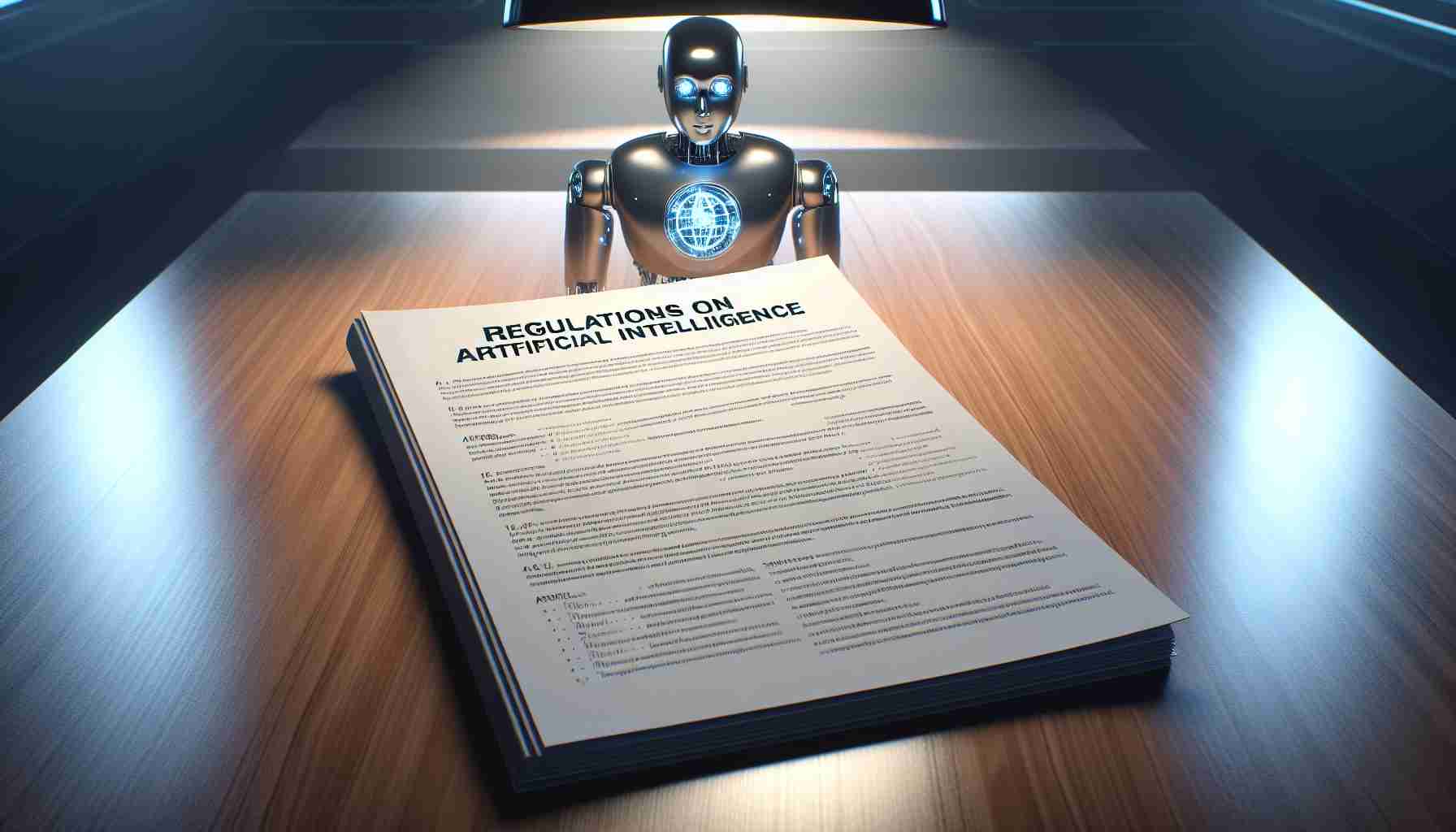The European Parliament’s recent decision to approve regulations regarding Artificial Intelligence (AI) marks a significant step in ensuring the safety and well-being of individuals. These regulations are designed to mitigate potential risks associated with AI technologies, demonstrating a responsible and forward-thinking approach towards the future.
Under these newly adopted rules, AI models, including popular ones like ChatGPT and general-purpose AI systems, will be required to adhere to transparency obligations before being made available to the public. This crucial step aims to ensure that the functioning and decision-making processes of AI systems are clearly understood, promoting accountability and trustworthiness.
The importance of regulating AI lies in its vast potential. AI technologies have the capability to revolutionize various industries, from healthcare to transportation. However, without the necessary safeguards in place, there is a risk of unintended consequences and potential harm to individuals and society as a whole.
By implementing regulations on AI, we are creating a framework that promotes responsible development, deployment, and use of these technologies. This not only safeguards the public from potential dangers but also establishes a level playing field for businesses and innovators in the AI space.
FAQs
What are the transparency obligations for AI models?
Transparency obligations for AI models require clear documentation of the functioning and decision-making processes of these systems. This ensures that users and the general public have a comprehensive understanding of how AI models operate.
Why is it necessary to regulate AI?
Regulating AI is vital to prevent potential risks and harm. Without proper oversight and guidelines, AI technologies can have unintended consequences or be exploited for malicious purposes. Regulations ensure responsible development and use of AI, promoting accountability and trust.
How do AI regulations protect society?
AI regulations protect society by setting forth standards and guidelines that ensure the safe and ethical use of AI technologies. By promoting transparency and accountability, these regulations aim to prevent harm and safeguard the well-being of individuals and communities.
It is crucial to recognize that regulations surrounding AI are not meant to stifle innovation or hinder progress. Instead, they provide a necessary framework that ensures the responsible advancement of AI technologies, benefiting society as a whole. By embracing these regulations, we pave the way for a future where AI can optimize human potential while upholding our values and protecting our interests.
Sources:
– example.com
The European Parliament’s recent decision to approve regulations regarding Artificial Intelligence (AI) marks a significant step in ensuring the safety and well-being of individuals. These regulations are designed to mitigate potential risks associated with AI technologies, demonstrating a responsible and forward-thinking approach towards the future.
The importance of regulating AI lies in its vast potential. AI technologies have the capability to revolutionize various industries, from healthcare to transportation. According to market forecasts, the global AI market is expected to reach $190.61 billion by 2025, with a compound annual growth rate (CAGR) of 36.6% during the forecast period. This indicates the immense growth opportunities that AI presents for businesses and industries.
However, without the necessary safeguards in place, there is a risk of unintended consequences and potential harm to individuals and society as a whole. Issues related to the AI industry include concerns about privacy, bias, and ethical considerations. For example, there have been instances where AI systems have exhibited biases in decision-making, leading to unfair outcomes.
Under these newly adopted rules, AI models, including popular ones like ChatGPT and general-purpose AI systems, will be required to adhere to transparency obligations before being made available to the public. This crucial step aims to ensure that the functioning and decision-making processes of AI systems are clearly understood, promoting accountability and trustworthiness.
The transparency obligations for AI models require clear documentation of the functioning and decision-making processes of these systems. This ensures that users and the general public have a comprehensive understanding of how AI models operate. By providing transparency, individuals can make informed decisions about using AI technologies and hold developers accountable for any potential issues.
Regulating AI is vital to prevent potential risks and harm. Without proper oversight and guidelines, AI technologies can have unintended consequences or be exploited for malicious purposes. Regulations ensure the responsible development and use of AI, promoting accountability and trust.
AI regulations protect society by setting forth standards and guidelines that ensure the safe and ethical use of AI technologies. By promoting transparency and accountability, these regulations aim to prevent harm and safeguard the well-being of individuals and communities.
It is crucial to recognize that regulations surrounding AI are not meant to stifle innovation or hinder progress. Instead, they provide a necessary framework that ensures the responsible advancement of AI technologies, benefiting society as a whole. By embracing these regulations, we pave the way for a future where AI can optimize human potential while upholding our values and protecting our interests.
Sources:
– marketsandmarkets.com
The source of the article is from the blog combopop.com.br

